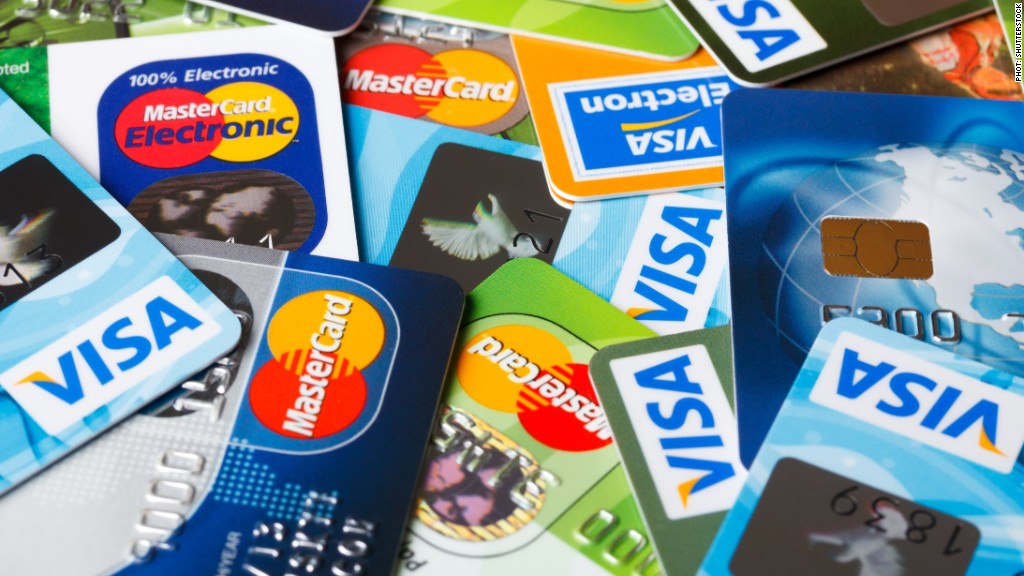
Building good credit takes time. But sometimes, you need to improve your credit quickly.
Your credit history might affect your ability to get a new apartment or a job. And good credit is key when you need access to funds for a new car or house. Sometimes we can't plan those changes.
If you're already paying your lenders on time, there are a few extra steps you can take to boost your credit rating in a pinch.
1. Correct your credit report
First, take a look at your credit report. It should include all of your credit accounts, inquiries made on your credit and information on any overdue debts. But errors are fairly common. If you spot any mistakes, let the relevant credit bureau know by filing a dispute.
The credit reporting companies have to investigate the disputed items (unless they find them to be frivolous) in a timely manner -- usually within 30 days of the complaint. Once the investigation is closed, the agency has to give you a copy of the results in writing, as well as a free copy of your report if anything in it has changed.
You can ask the bureau to send out corrected versions to anyone who has received a copy of your report in the six months leading up to the dispute.
Related: Millennials aren't opening credit cards. That's a mistake
Remember that your lender might agree not to report a late payment to credit agencies. If you have an extenuating circumstance or a history of on-time payments, it's worth asking if you can have a break.
If your lender has agreed to let you off the hook for a late payment, making sure credit bureaus are up to speed can help protect your score.
2. Pay off debt
Your credit utilization -- or how much you owe on credit cards compared to your total credit limit -- makes up 30% of your credit score. Ideally, you should be utilizing no more than 30% of your limit.
"Thirty is the magic number," said Carl Holubowich, a certified financial planner with Armstrong, Fleming & Moore. "You don't want to be over that. If it's 29, it's fine."
The trick is to decrease your utilization before a credit card statement is generated, said certified financial planner Jonathan Colby Winslow of WaterOak Advisors. "Once the statement is produced and a balance shows up on your credit report, that is considered part of your credit utilization and may reduce your score," he said. If credit agencies don't see any outstanding balance when they run a credit check, he added, "your credit utilization rate looks significantly better."
To help keep your utilization rate low, consider making several payments throughout the month, or pay off a chunk of debt just before the next statement closes.
3. Increase your line of credit
If you don't have enough cash to pay off some of your debt, you can also lower your credit utilization ratio by increasing your total available credit.
You might be tempted to do that by opening a new line of credit. But you probably shouldn't.
While a new credit card might lower your credit utilization ratio, it can also hurt your score by triggering a new credit inquiry. That's because the creditor will want to check your credit first -- a process which temporarily dings your score. That's the last thing you want when trying to quickly improve your credit.
Plus, opening new credit cards lowers the average age of all of your accounts -- another thing that factors into your credit score. In general, older accounts positively impact your credit score.
Related: The smartest way to pay off credit card debt
A better way to increase your available credit is to call up your current credit card issuers and ask them to increase the limit on your cards. While some might require a credit check, others may be willing to approve you for a smaller line of credit increase without running your credit.
4. Don't close any old cards
A lot of people think that simply closing an old credit card with a negative payment history will erase the bad information. It won't.
Because old credit cards can be credit boosters, shutting existing cards is a bad move in this situation. "If you have an old credit card that you don't use any more, still keep it open," Holubowich said. Malik Lee, a CFP and associate at Henssler Financial, added that closing a credit account when trying to quickly increase scores is "probably the biggest mistake" he's seen people make.
Length of credit history makes up 15% of your FICO score, and credit mix makes up 10% -- so you might want to keep any retail cards open, as well.
5. Become an authorized user
Finally, you can ask a relative or spouse with a good credit history to add you as an authorized user on their credit cards. Even if you don't have access to the card itself, you'll gain the credit benefits of increased utilization. Plus, your length of credit history will go up.
If the cardholder misses payments, however, your credit is on the line, too.
